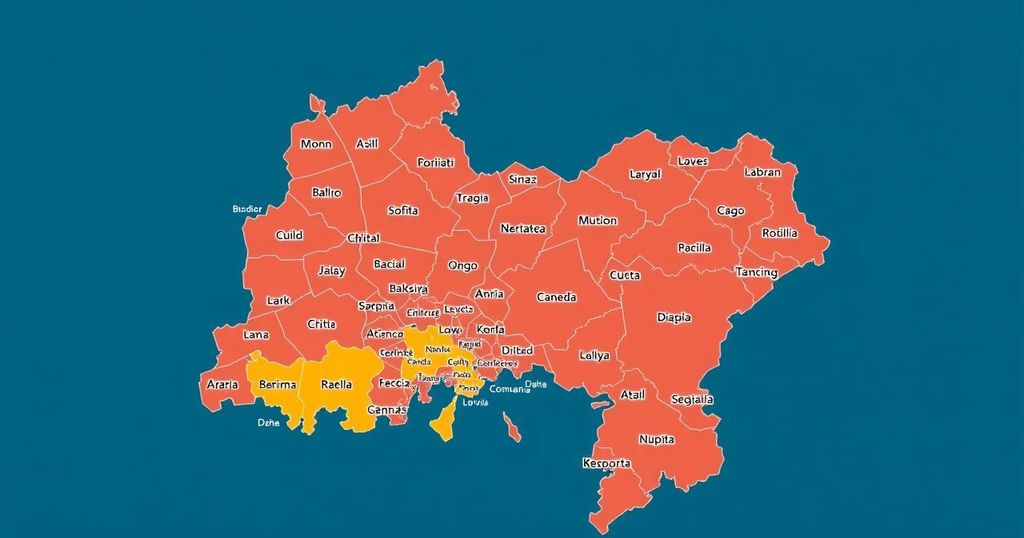In September 2024, INSO recorded 114 NGO incidents, indicating a slight reduction, mainly due to decreased incidents in the DRC and Nigeria. Key issues included fatal incidents in Ukraine and the DRC, flooding impacts in Nigeria, and ongoing violence in Somalia and the Middle East. Challenges persist with governmental operations in Sudan and Mozambique, while regional violence continues to escalate.
In September 2024, the International NGO Safety Organization (INSO) documented a total of 114 incidents involving non-governmental organizations (NGOs), reflecting a slight reduction from previous months. This decrease is somewhat attributed to a fall in incident volumes specifically in the Democratic Republic of the Congo (DRC) and Nigeria. However, the occurrence of fatal incidents in both Ukraine and the DRC serves as a poignant reminder of the context-specific risks that NGO personnel continue to face. In Nigeria, extensive flooding in the northeastern regions appears to have contributed to a decline in organized armed group (OAG) and criminal activities that could potentially endanger NGO staff. However, disruptions to access persisted due to OAG and governmental operations aimed at neutralizing their influence. In Somalia, an improvised explosive device (IED) reportedly planted by al-Shabaab injured two civilians at an NGO project site within Jubaland, showcasing the ongoing threats to humanitarian efforts. Meanwhile, in Sudan, multiple incidents involving the Rapid Support Forces (RSF) detaining NGO personnel indicate a growing trend of interference with humanitarian operations. In Mozambique, government initiatives against the Islamic State-Mozambique (IS-M) are creating new access challenges, particularly as IS-M operatives are believed to be regrouping in the southern parts of the country. Moreover, the broader Middle East region is currently experiencing an intensified focus on Lebanon, while violence in the West Bank escalates further amidst significant Israeli military operations underway in Gaza City.
The risks associated with NGO operations in regions such as the Democratic Republic of the Congo, Nigeria, Somalia, Sudan, and Mozambique have been increasing due to various local conflicts and security challenges. The presence of organized armed groups, coupled with government responses to these threats, often complicates the ability of NGOs to provide aid effectively. Additionally, environmental factors, such as flooding, can also impact safety for humanitarian workers. The ongoing violence in the Middle East serves to highlight the volatility and complexities faced by NGOs in delivering services in conflict-affected areas.
In conclusion, the month of September 2024 witnessed a slight decrease in incidents involving NGOs, though significant risks remain evident, particularly in the DRC, Nigeria, and the Middle East. The circumstances underline the continuous challenges faced by humanitarian workers, including government interference and violent outbreaks, necessitating ongoing consideration and protective measures for NGO operations.
Original Source: reliefweb.int






